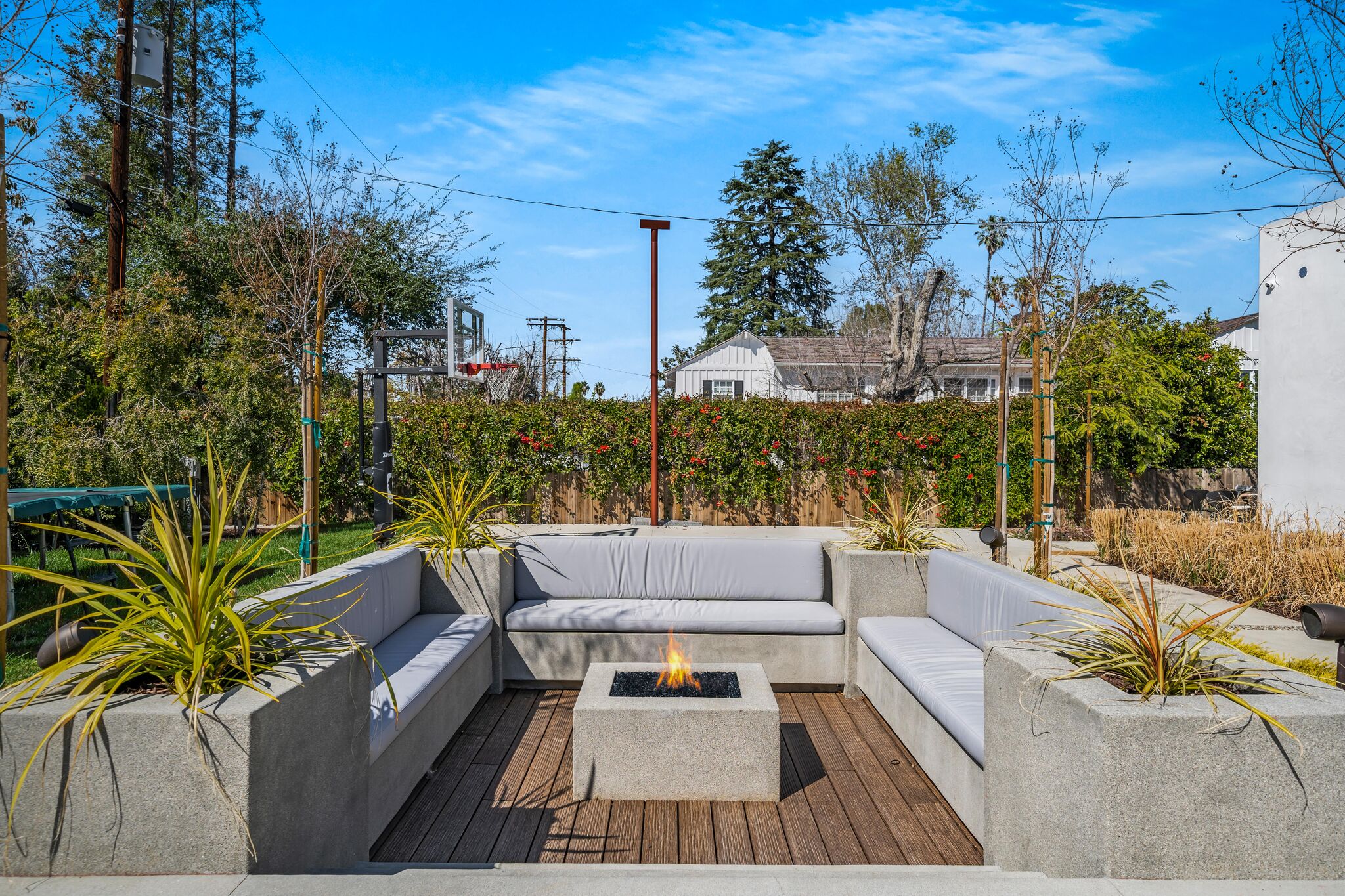Table of Content
For more information on your rights around choice of care home accommodation, read our factsheetPaying care home top-up fees. Use of this content by websites or commercial organizations without written permission is prohibited. This site is for information purposes; it is not a substitute for professional legal advice. Deferred payment is an option open to everyone who, following a council assessment, is told it’s necessary for them to go into a home.
In order to negotiate on your behalf, we need to be involved in helping you to contact care homes from the start of the process. Our ability to negotiate for you is lost if you are already in contact with an individual care home. When considering applying for Medicaid, many individuals want to know the cost of nursing home care in their geographic area. At the time of writing (Mar. 2022) , the nationwide average daily cost for a shared room is $260. A “shared room” is important because typically Medicaid will only pay for shared rooms, not private rooms. A top-up fee, or third-party contribution, is an additional payment made on top of what the local authority is willing to pay for care.
NHS Continuing Healthcare and top-up fees
Most care services are coordinated through regional councils and...further text to explain the importance of council and care serve provision/funding. If there are services offered which have an additional charge like a larger room, more activities or additional qualified staff you can choose to pay for these services too. If you’ve decided that a care home or nursing home is the best option for your loved one, your next task will be understanding the various costs and complications involved in that decision. Yes, local councils will take overseas assets into account, including properties and bank accounts.
Other states consider family supplementation to be a gift and may disqualify the individual for Medicaid. This comes into play if that care home charges more than your local authority is prepared to pay. If the third person paying for the care home accommodation can do so no longer then they will have to inform the council.
What are care home top-up fees?
The local authority will show you at least one care home in your area that meets your needs and falls within your personal budget. Alternatively, if you think the personal budget set by the local authority is inadequate to meet your care needs, you can challenge this by making a complaint. CHC packages should be sufficient to meet a person's assessed needs in full.

If you don’t have enough to pay for your care home fees, you can ask for a means assessment from your local council, who will assess how much financial help you are eligible for. You, a friend, relative or charity can make a top-up payment to a care home. If you receive funding towards the cost of care, this allows you to select a care home that may cost more than the amount provided for by your local authority.
Which? Money podcast: what happens if you don't pay your bills?
We advise thinking carefully about the situation before rushing into anything. Care home fees often increase each year and local authority funding might not, creating a bigger disparity between the two sums of money that you will then have to cover. Consider whether you can afford this in the long-term before signing anything with the care provider. The supposed “top up” fees of €5,000 to €12,000 a month are as much as three times what private nursing homes are paid under the Fair Deal scheme. In the West of Ireland, the fees are just over €900 per week per resident. The council will have carried out acare needs assessmentto make sure your personal budget is high enough for you to get the care you need.

They can choose to take advantage of the 12 week property disregard, which is when this property capital will be disregarded for 12 weeks. You can also use services like NHS Continuing Healthcare to help with care home fees. NHS Continuing Healthcare is primarily for those who have ongoing physical or mental health needs.
Private nursing homes receive a fee from the state for every resident they take in under the Fair Deal scheme. The fee is set by the National Treatment Purchase Fund, a government health funding body. The scale of the fee has long been a source of contention for private nursing homes who claim it is not enough to cover the cost of care. Private pay is the amount that individuals who receive no public assistance pay for a nursing home. The “Medicaid reimbursement rate” is the amount a state Medicaid program pays the same nursing home for the same room. Because Medicaid covers approximately 50% of the total nursing home costs in the US, Medicaid is in a strong position to negotiate with nursing homes and therefore pays less than private paying individuals.

See our pageComplaints about care and health servicesfor more information. You can’t usually pay your own top-up fees; they’re generally paid by a third party, such as a friend, relative or charity. If you’ve agreed to pay a top-up fee for someone else, you’ll be asked to sign a contract, preferably with the council who will then pay the care home.
The report confirms that where there is an assessed need, there is a duty to provide an affordable placement which is within the contract rate the local authority will pay. A choice of options should be offered to an individual about affordable care, in addition to options which may require a top up to ensure that there is a “proper choice”. Last week, the Local Government Ombudsman ordered Birmingham City Council to refund 11 years of top-up fees which were paid in error. In this post, we explain what top up fees are and when you have to pay them. They are legal, but there’s no legal requirement for a third party to meet this cost.
Such top up fees can be charged, provided you are aware of and agree to fund the top up on a fully informed basis. Care home fees often increase year-on-year, but local councils don’t always increase their funding by the same amount to reflect these changes. This means that you could find yourself paying more each year to cover the difference in fees. However, that’s not to say the council will increase their payments in line with this. In other words, allowing the council to sell their home – but only after their death.
If you can’t afford to pay these on your elderly relative’s behalf, you can choose a care home that is fully covered by the personal budget the council has agreed on. If the council are unable to provide a care home place that’s affordable within the set personal budget, they will have to raise the personal budget. The personal budget the council believes is appropriate will not necessarily cover the cost of living at the care home you or your elderly relative would choose.
Medicaid will pay 100% of the cost of nursing home care for its beneficiaries. However, to be eligible for Medicaid nursing home care, the patient must have very limited income and very few financial assets (ballpark limits are assets valued under $2,000 and monthly income under $2,523 in 2022). A top-up fee is paid when the budget provided by the local authority is not sufficient to pay the fees of your preferred care home.
Many people save their homes to give to their children as part of their inheritance, but find that care costs will take up the majority of this sum once they are gone. Although personal assets like the value of the person’s home, savings, private and state pensions and benefits are included in a financial assessment, family assets are not included. If you can’t afford to pay a top-up fee, you will need to contact your local authority for a new care needs assessment before making a decision about whether you will move to a more affordable care home. If the care needs assessment recommends that care is needed, a further financial assessment will be arranged to see if the local authority will pay towards the care. If this is the case, the local authority will tell you how much they think your care home should cost .

If a care home asks you to pay a top-up fee, ask them why they are doing this and then talk to the local authority. It's the duty of the council to reassess a person's needs and if the cost of care is going to increase, then the council should pay unless they can argue that the needs can be met elsewhere. However, if there isn’t a cheaper care home available that can meet your care needs, the council will have to increase its contribution to your personal budget to cover the care home fee increase. Check for information about fee increases in the contract with the care home. Care home fees often increase every year but local councils don’t always increase their funding by the same amount. Therefore, you could find yourself paying more each year to cover the difference in fees.

No comments:
Post a Comment